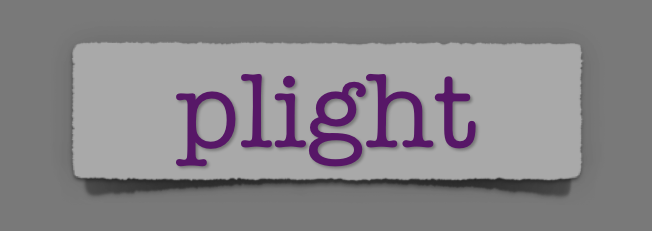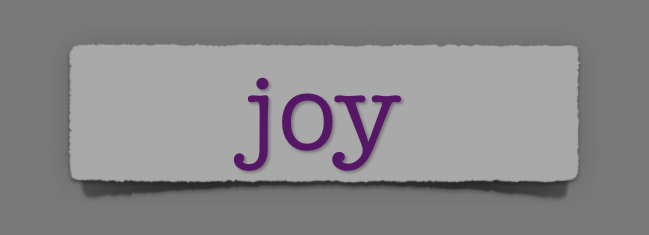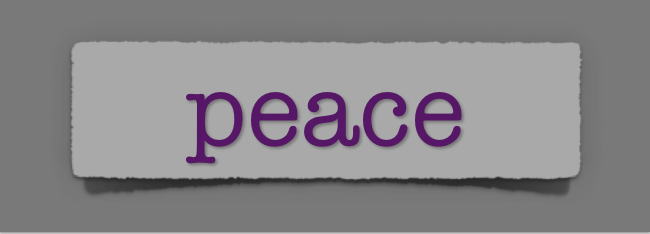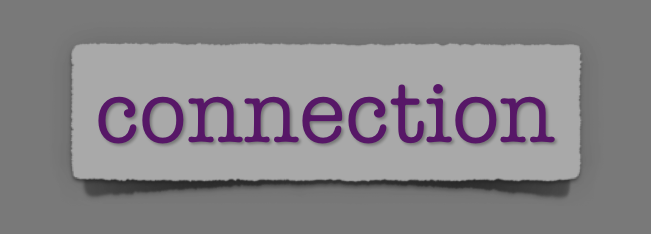Shame.
Since the first day I asked for suggestions for my Lenten Lexicon, I have stopped at this one and wondered what to say.
Shame.
As a noun, its something we feel: humiliation, dishonor. As a verb, it can be something we inflict on someone else: we shame them. Maybe that’s why the word came up for me today. I saw an article by Al Mohler, the President of one of the Southern Baptist seminaries, who has developed a new tactic in his crusade against the LGBT community and equal marriage by referring to their “erotic liberty,” a crass choice of words that reduces humanity to sex acts. He’s attempting to use shame as a weapon.
His article pointed me to another word on the Lexicon List: zealot because it brought to mind a quote from a friend from years gone by when those who made the guy president of the seminary were making their first moves: “Never trust a zealot with a clear conscience.”
What he did in his article reminded me of a white family we knew when we lived in Zambia who were a part of the American diplomatic corps. They had a big German Shepherd named Tammy whom they had trained to be a rather vicious watch dog, or at least to sound like one, because they were frightened of black people. Tammy knew how to do her job. However, when Tammy did something wrong, the woman would bark, “SHAME, TAMMY. SHAME,” and the dog would melt into a puddle of fear and regret. It was horrible to watch. I always felt sorry for the dog.
By coining his phrase “erotic liberty,” he seems to be attempting a similar move, which is a dehumanizing one, and one that won’t work, regardless of what laws get passed or overturned. His words sent me looking for an old Wendell Berry poem that I would offer in response.
Do Not Be Ashamed
You will be walking some night
in the comfortable dark of your yard
and suddenly a great light will shine
round about you, and behind you
will be a wall you never saw before.
It will be clear to you suddenly
that you were about to escape,
and that you are guilty: you misread
the complex instructions, you are not
a member, you lost your card
or never had one. And you will know
that they have been there all along,
their eyes on your letters and books,
their hands in your pockets,
their ears wired to your bed.
Though you have done nothing shameful,
they will want you to be ashamed.
They will want you to kneel and weep
and say you should have been like them.
And once you say you are ashamed,
reading the page they hold out to you,
then such light as you have made
in your history will leave you.
They will no longer need to pursue you.
You will pursue them, begging forgiveness.
They will not forgive you.
There is no power against them.
It is only candor that is aloof from them,
only an inward clarity, unashamed,
that they cannot reach. Be ready.
When their light has picked you out
and their questions are asked, say to them:
“I am not ashamed.” A sure horizon
will come around you. The heron will begin
his evening flight from the hilltop.
What I love about Berry’s poem is his call to say, “I am not ashamed.” I will tell my story. I will live my life. I cringed when I read his article because I think of a whole host of people whom I love who could be hurt by his words. And then I remembered their strength, their love, their tenacity, their inward clarity. I thought again of the stories I know of people who have lived lifetimes together, who incarnate love wonderfully. No decree or media-savvy sound bite can bury love, no matter how loudly it is screamed.
John Berger says,
The powerful can’t tell stories: boasts are the opposite of stories, and any story, however mild, has to be fearless; the powerful today live nervously . . . . Stories are one way of sharing the belief that justice is imminent. And for such a belief, children, women, and men will fight at a given moment with astounding ferocity. This is why tyrants fear storytelling: all stories somehow refer to the story of their fall.
His gospel of shame and derision may rally the troops around his castle of self-righteousness for one last stand, but it crumble in the face of the story of Love.
Love is patient; love is kind; love is not envious or boastful or arrogant or rude. It does not insist on its own way; it is not irritable or resentful; it does not rejoice in wrongdoing, but rejoices in the truth. It bears all things, believes all things, hopes all things, endures all things. Love never ends.
Now that’s a story worth telling.
Peace,
Milton
P. S. — Since I linked to Mohler’s article, I feel compelled to link to something more redemptive. Here is a video of Wendell Berry reading “A Poem on Hope” on Moyers and Company.
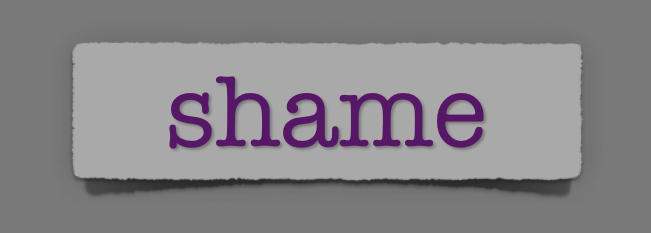
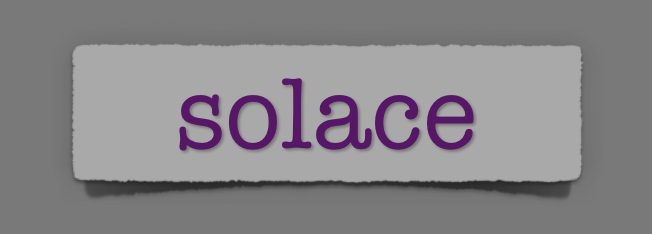
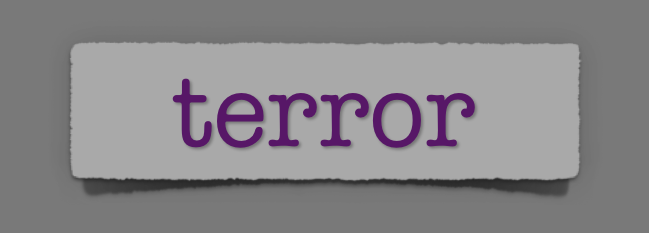
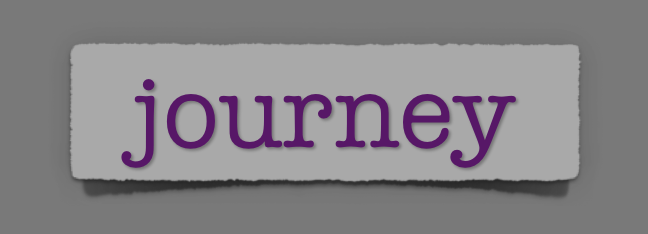
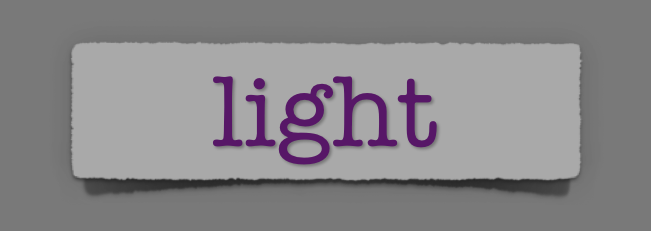
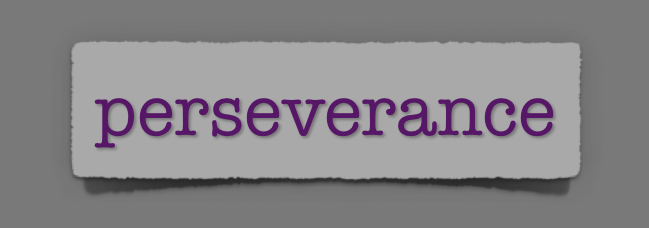
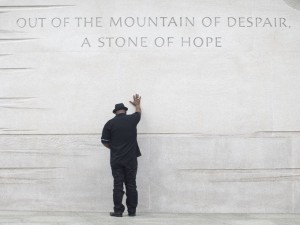 I woke up this morning thinking about
I woke up this morning thinking about 